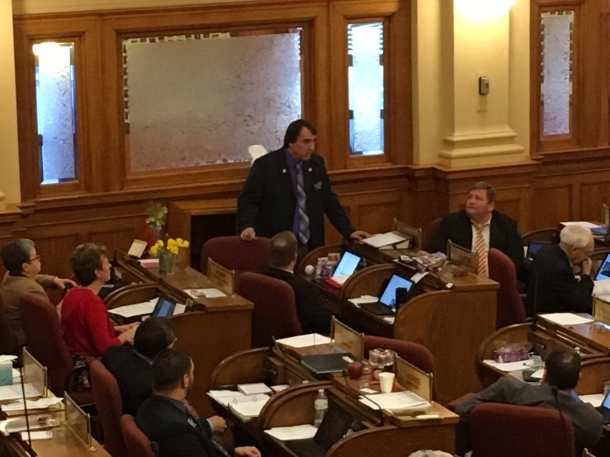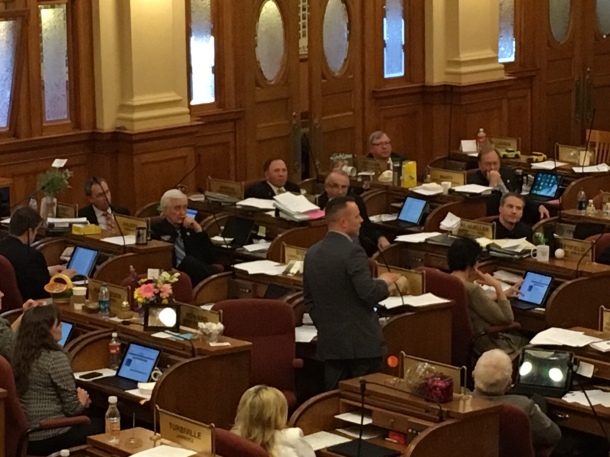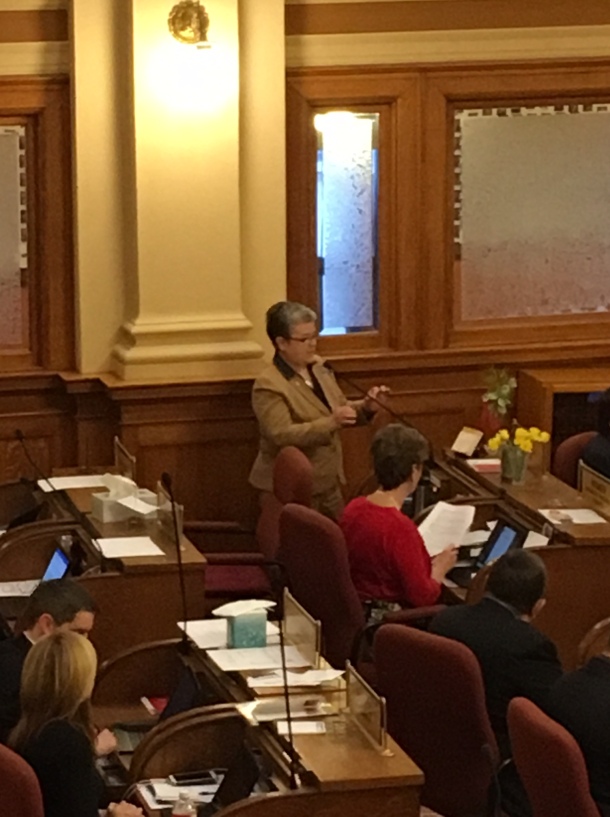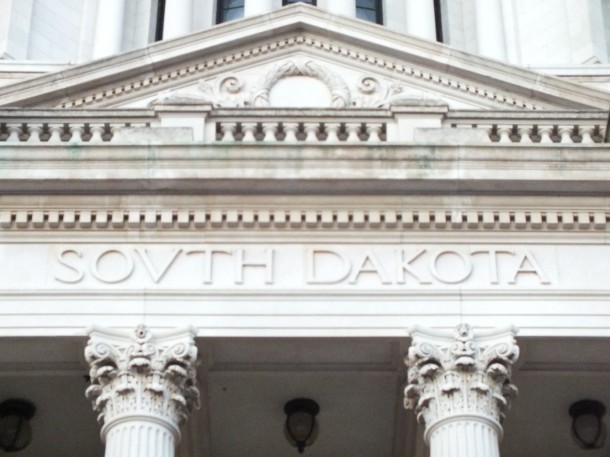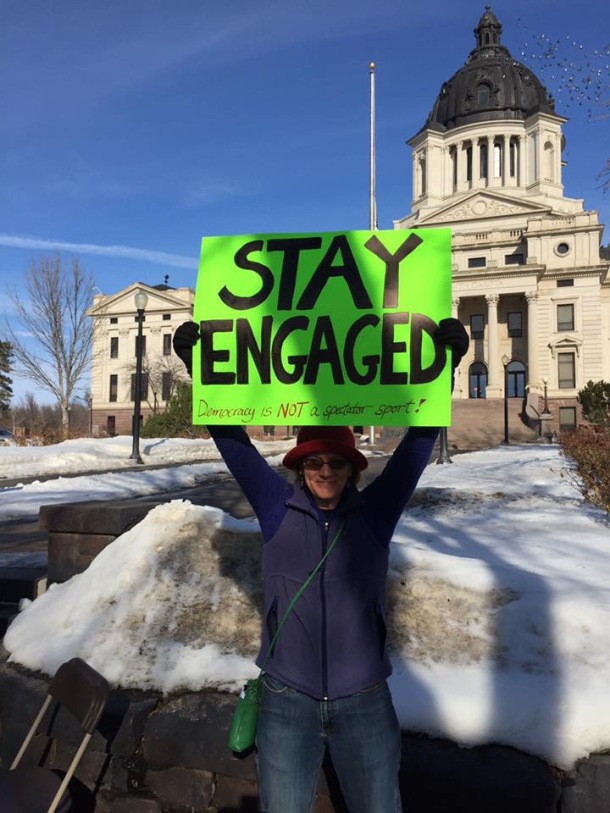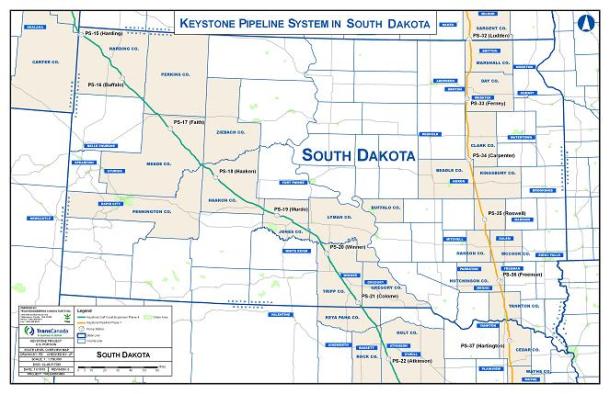By John Harter, DRA Board Chair and Frank James, DRA Director
 The Public Utilities Commission (PUC) is set to approve a transportation bond for TransCanada’s Keystone XL pipeline.
The Public Utilities Commission (PUC) is set to approve a transportation bond for TransCanada’s Keystone XL pipeline.
Dakota Rural Action has concerns about the $15.6 million bond. This bond was set as a part of the conditions for the original pipeline permit in 2010. Since then, road repair and construction costs have increased significantly. In addition, this bond does nothing to protect landowners and communities from spills like the one we saw in Marshall County last fall. Despite these facts, we will not be attending or participating in this hearing.
Recently the SD Supreme Court made a decision reducing the authority of the PUC and deciding that a nine day hearing held in 2015 should not have been held. Essentially saying that the PUC wasted the time of hundreds of people, attorneys, witnesses, and taxpayer money because they didn’t have the authority to hold the hearing in the first place.
Apparently the PUC is more than happy with this decision as it represents the latest in what seems to be an effort to reduce PUC involvement and authority in important decisions, making the PUC no more than a bureaucratic permitting agency rather than a regulatory agency protecting the people of South Dakota.
We do not plan to attend the rubber-stamping of this bond. Instead we want to point out that it doesn’t have to be this way. For many years Dakota Rural Action and other allies have fought for a stronger voice for the people of South Dakota in decisions like this one.
The PUC, Governor’s office and various state agencies have permitted TransCanada to operate in South Dakota with very little oversight. Permitting them to threaten land owners with eminent domain in the process of negotiating land easements. The PUC and the state has offered limited to no oversight of the spills the state has suffered from the Keystone 1 Pipeline. Most recently, the existing pipeline spilled over 400,000 gallons of tarsands bitumen in Marshall County. Another significant spill happened in 2016 near Freeman. These spills and others are from a pipeline that TransCanada promised the SD PUC would be virtually spill free. They have made the same promise about the Keystone XL Pipeline and the PUC has once again accepted their assurances.
The PUC and South Dakota’s Government have chosen a foreign oil company over the landowners, tribes, and people of South Dakota. This process of picking winners and losers is done not through active involvement and choices, but through inactions and turning a blind eye towards TransCanada’s activities.
This inaction represents a willful reduction of authority and oversight and amounts to a government decision to take the profit away from landowners crossed by Keystone XL and transfer it to a foreign corporation. More importantly, the inaction chooses winners and losers among the people of South Dakota. TransCanada called most of South Dakota an “area of low consequence”, which probably translates into how they feel about the families and tribes that make these areas their home.
TransCanada sees the South Dakota landscape as something to be crossed, a barrier that is in their way. The people, tribes, communities, and ranchers who live here are also barriers to their profit. The PUC and state government are complicit because of their inaction.
While DRA won’t be attending today’s PUC hearing, we will continue to work with our allies and members to fight for their voice and their rights. We will also fight for a government that stands with the people, rather than one that steps aside to let foreign corporations run roughshod over them.

